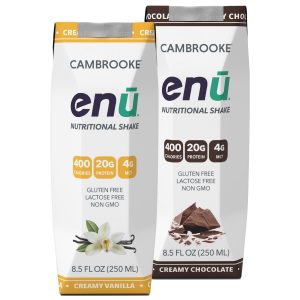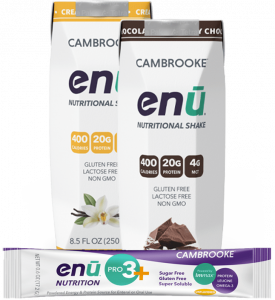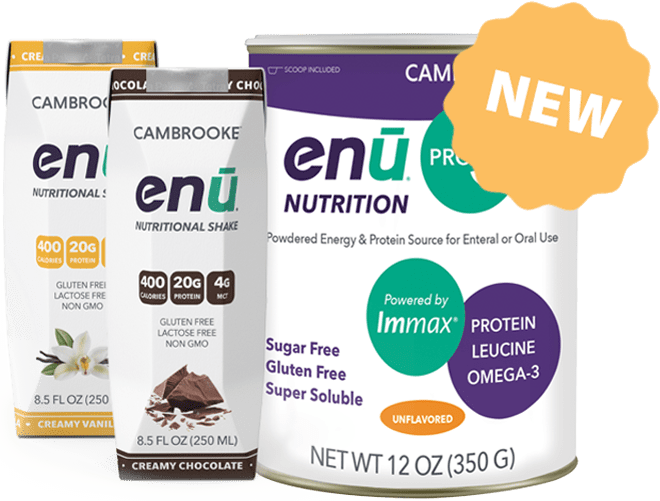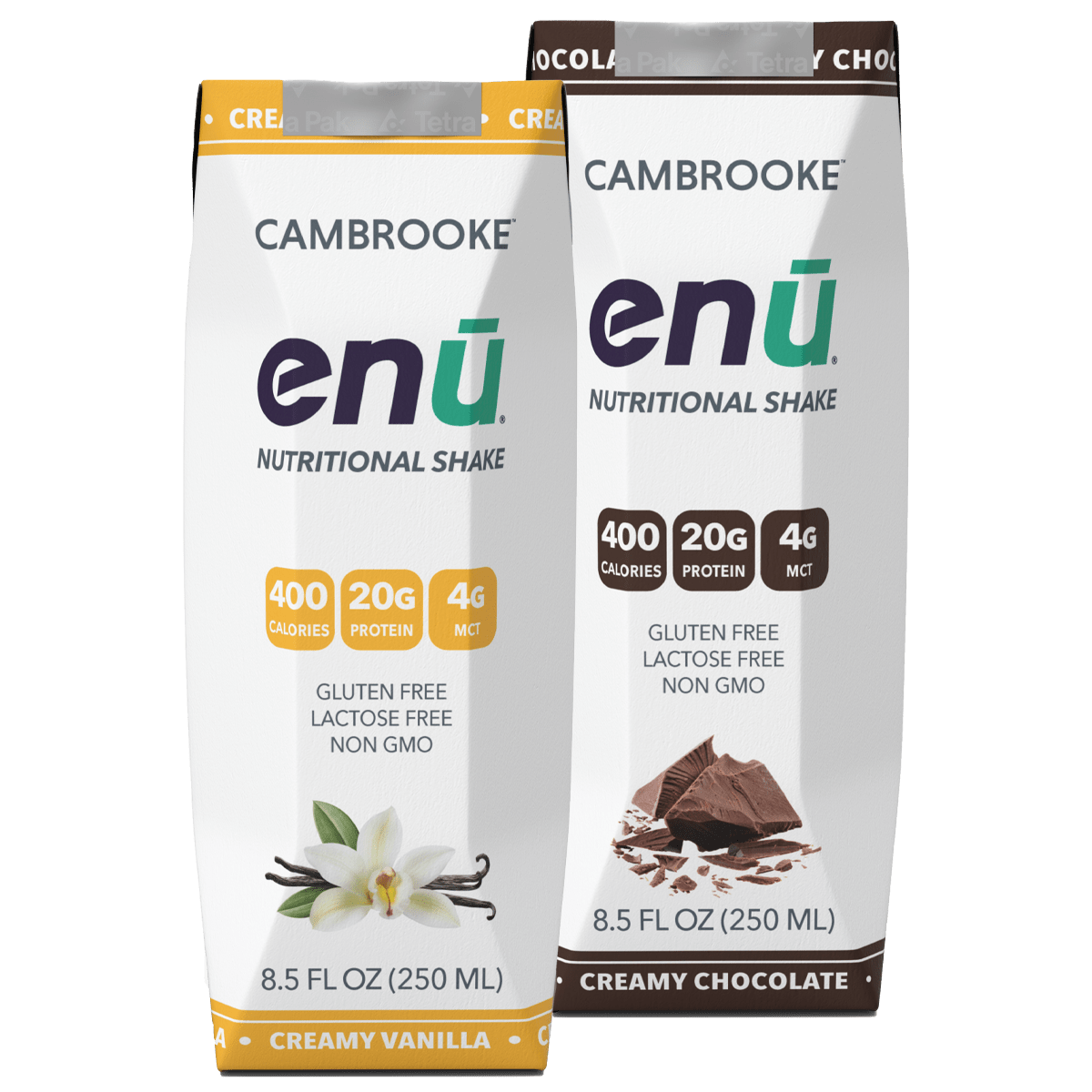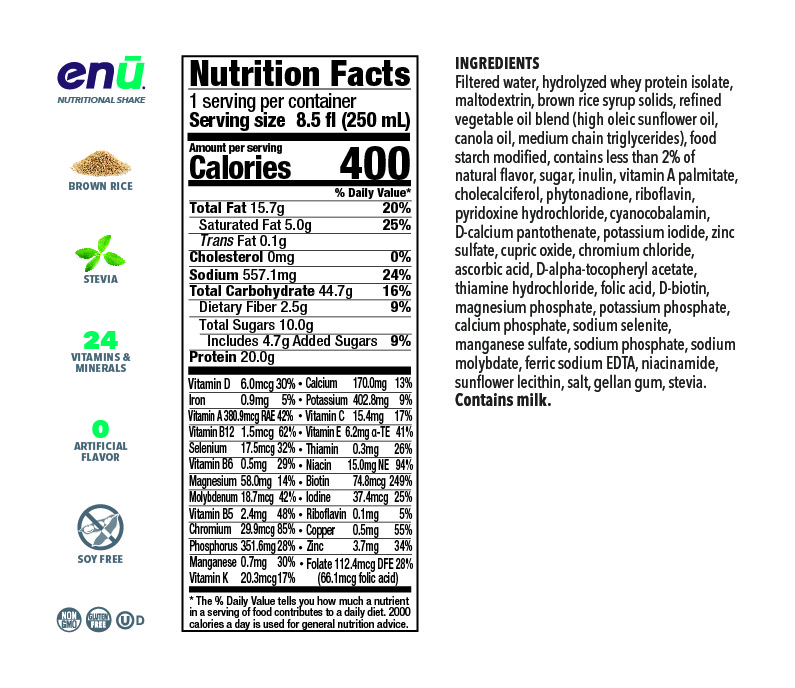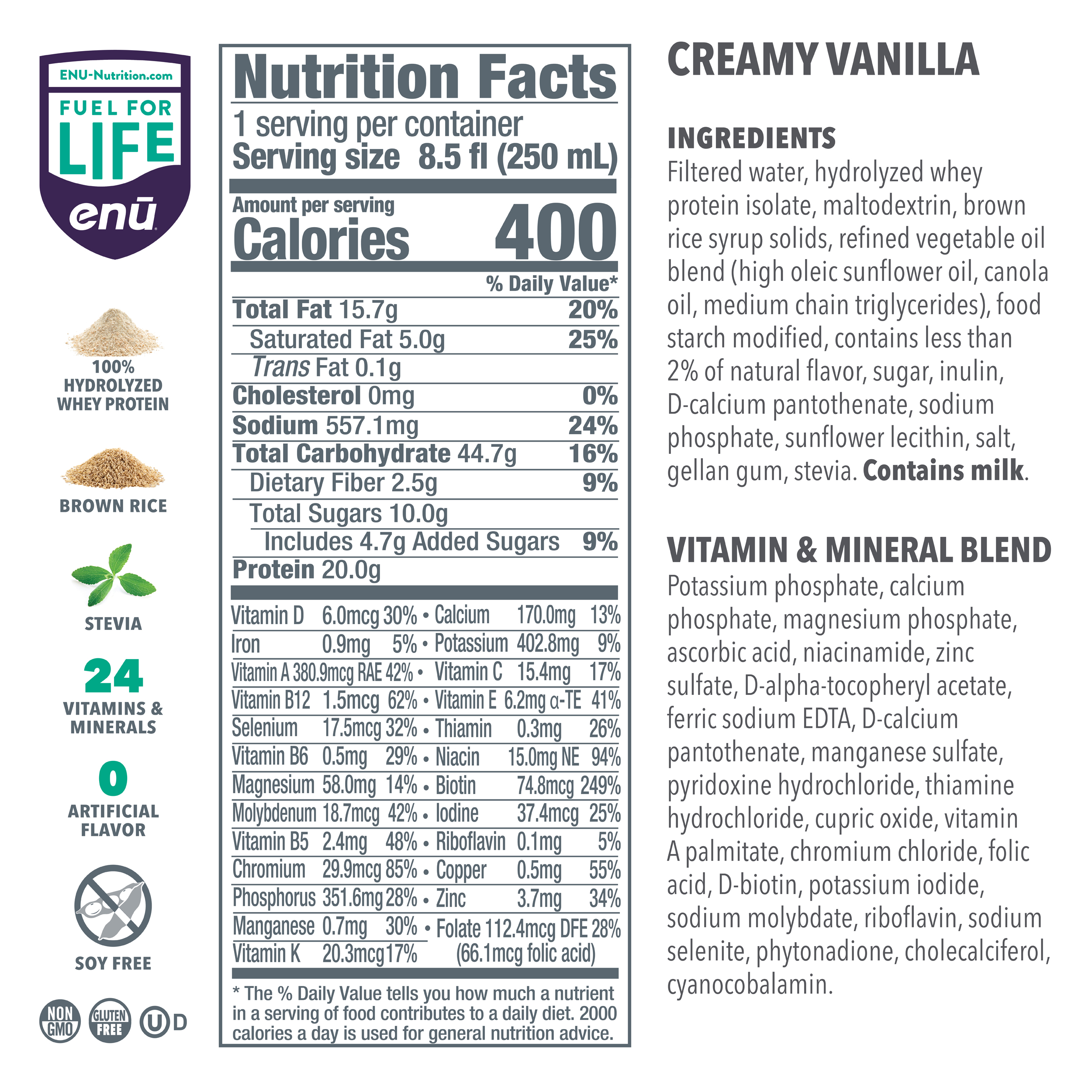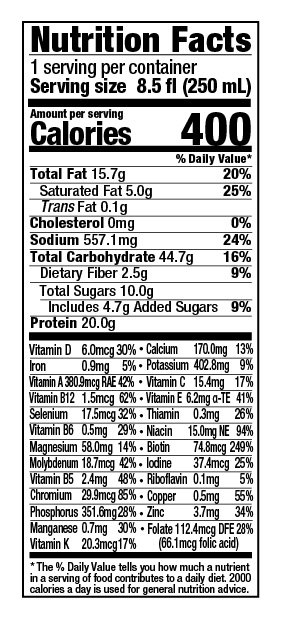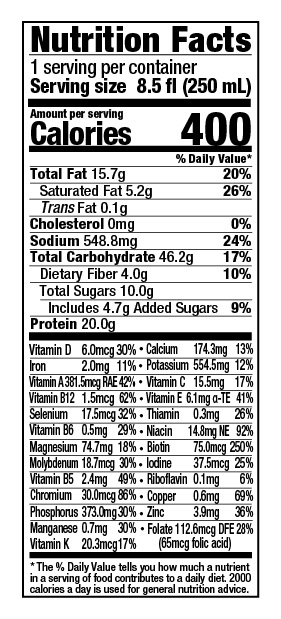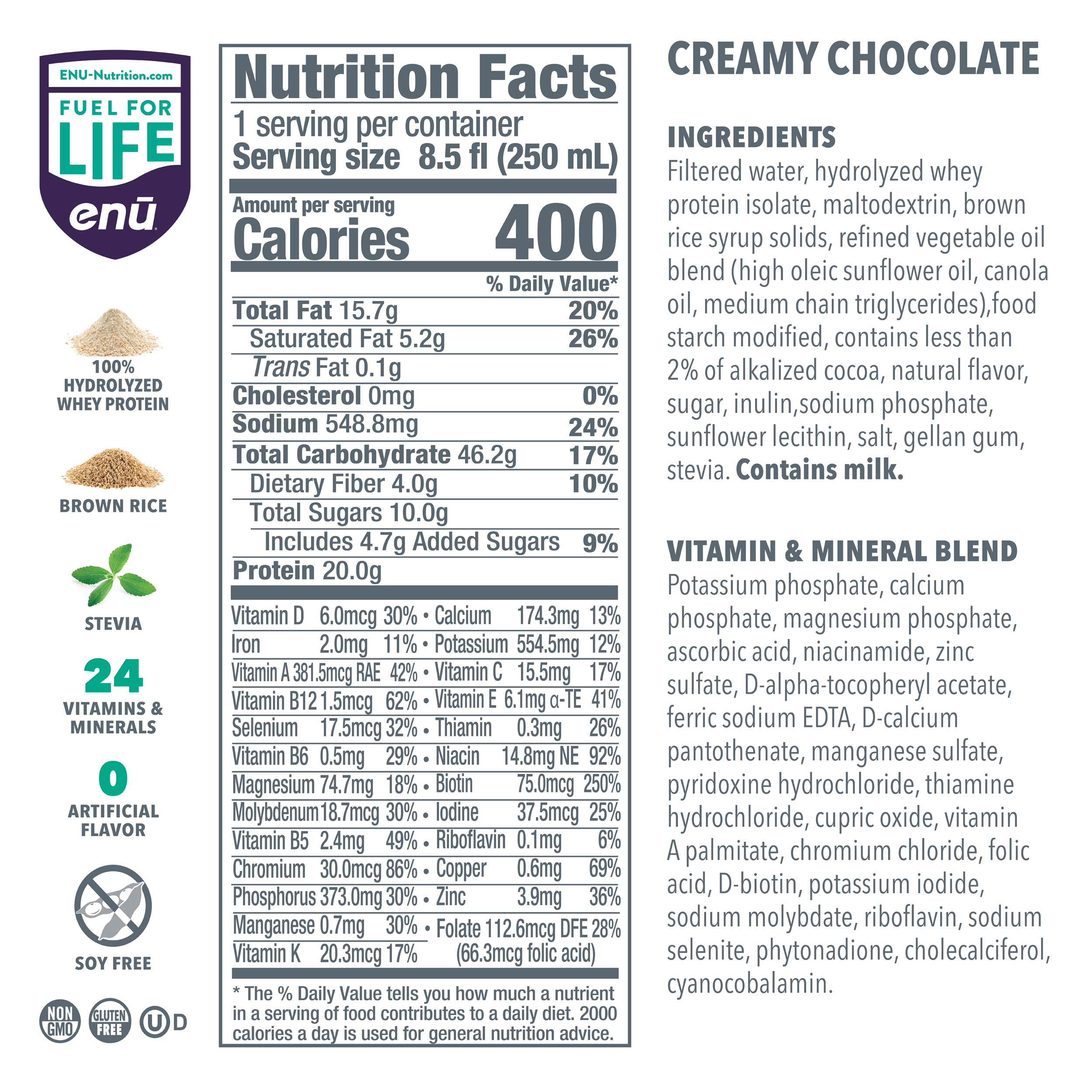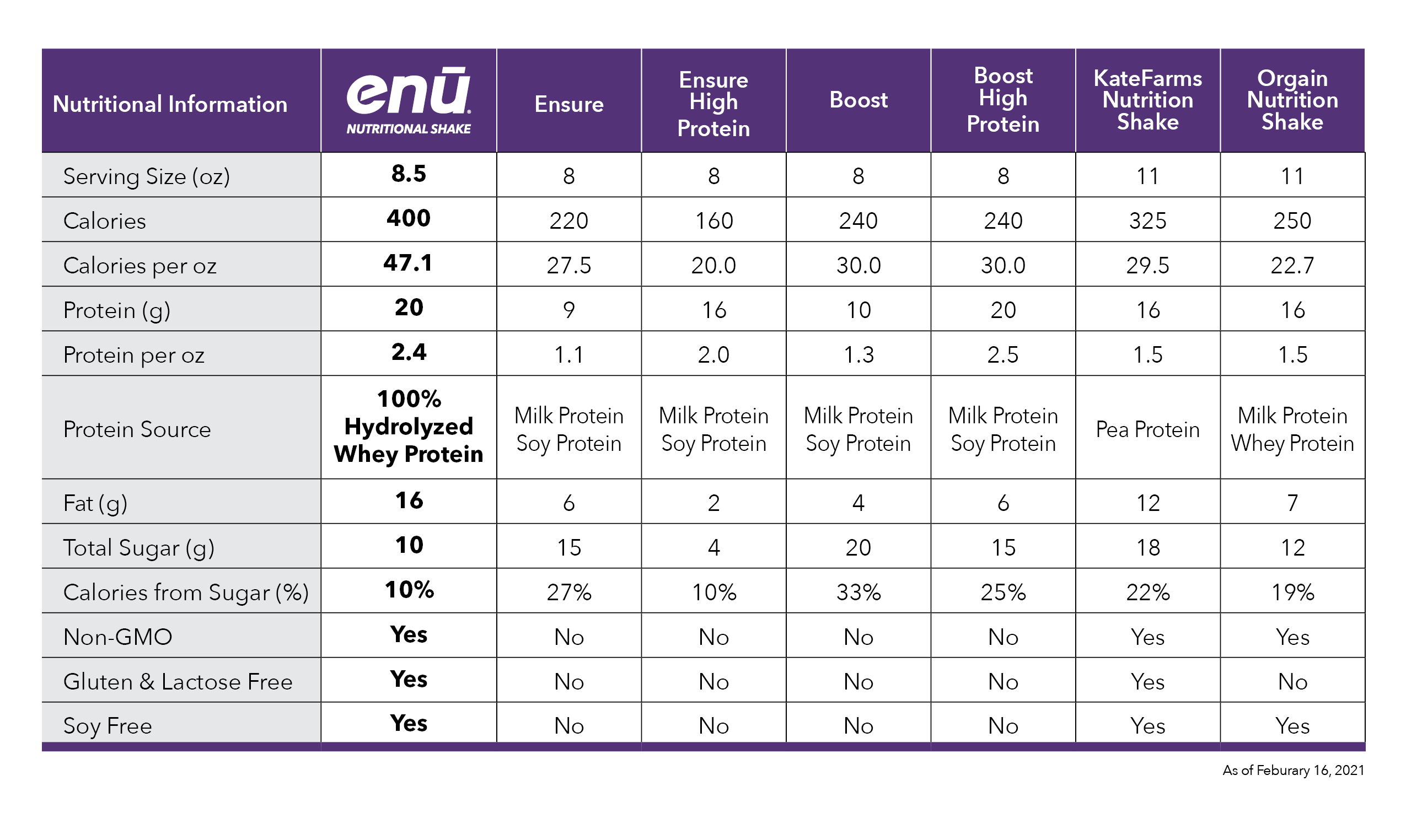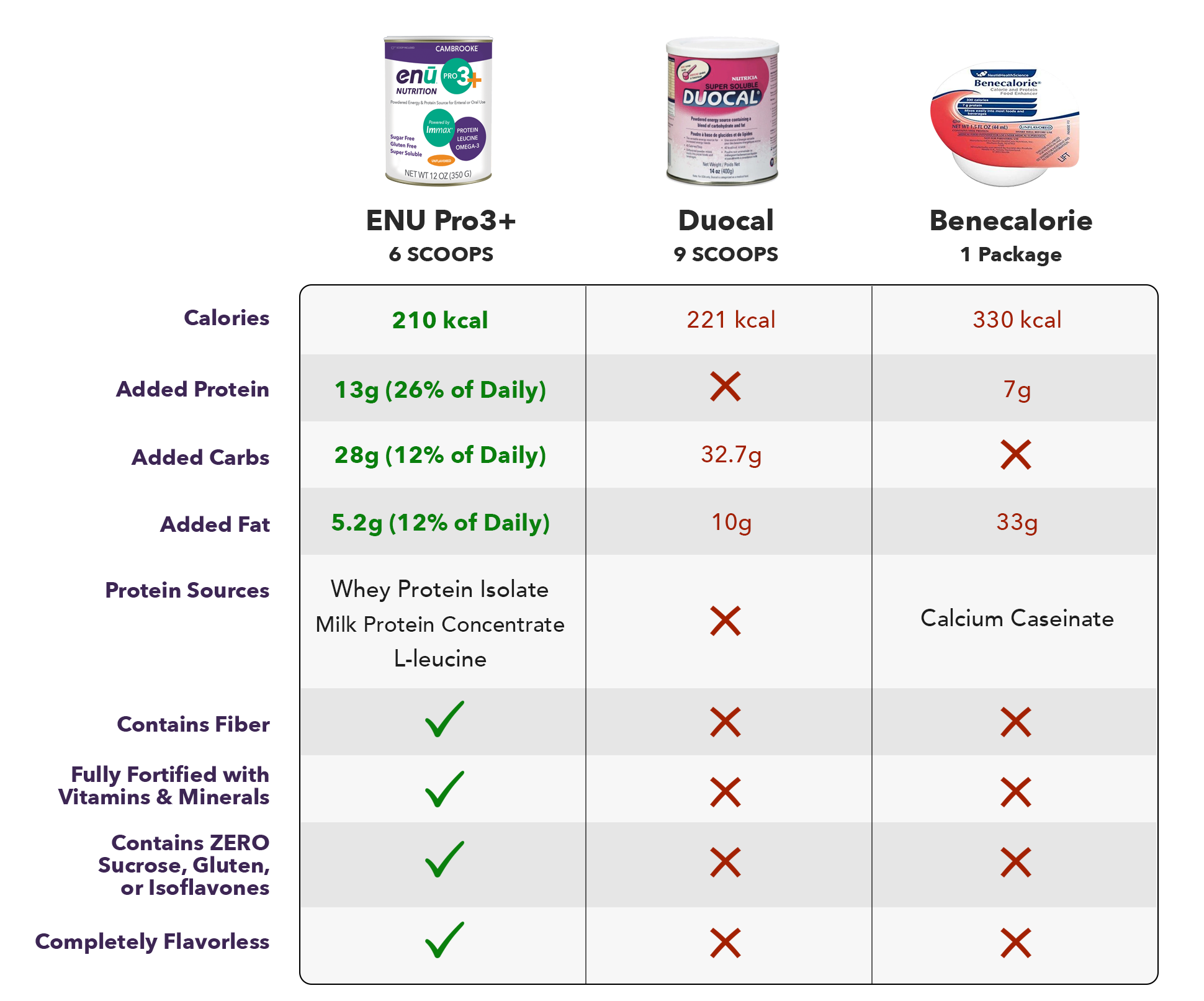
Get a FREE
ENU Intro Pack*
*Just Pay $2.00 Shipping
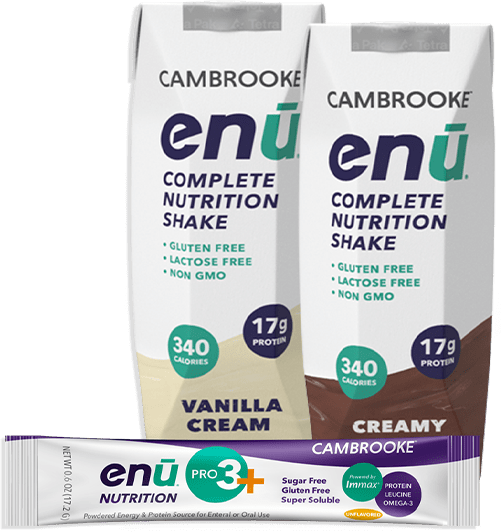
What Is It Called When You Eat a Lot But Don’t Gain Weight?
Maybe you can eat whatever you want without putting on weight, or maybe you know someone who possesses this mysterious ability, but either way, we all have at least heard of those who don’t need to worry about what they eat. In an image-obsessed society like ours, this ability is usually an advantage, but for those who are underweight, this boon can seem more like a curse. According to conventional wisdom, eating lots of calories should make a person gain weight, so it can be frustrating and confusing if you want to put on a few pounds but can’t seem to get results no matter how much you consume. Before we tackle this problem, however, let’s start with the basics: What is it called when you eat a lot but don’t gain weight, and what can a person do about it? To find out, keep reading as weight gain nutrition shake brand ENU explains.
Why Don’t You Gain Weight When You Eat a Lot?
If your body seems to defy the laws of thermodynamics by burning tons of calories without losing weight, there’s probably a reason for it. In fact, there are a couple of factors that commonly cause this effect, so a few possible answers exist to the question of, “What’s it called?” Below are some of the typical reasons you might not gain weight when you eat a lot.
A Fast Metabolism
You’ve probably heard the term “metabolism” before, but you might be unfamiliar with the phrase “basal metabolic rate,” or BMR. This is a measure of the number of calories your body has to burn for energy when at rest; in other words, it’s the minimum energy cost to stay alive. This rate changes from person to person based on a number of factors, including genetics, diet, and level of activity; if you eat a lot but don’t gain weight, it could be because your BMR is high, so you burn calories at a greater rate than most people.
Malabsorption
In some cases, an inability to gain weight effectively could indicate that a person can’t absorb the calories and nutrients they consume – a condition called malabsorption. This issue is common in those with certain digestive illnesses, such as cystic fibrosis or celiac disease; if you can see undigested bits of food in your stool or an oily substance after moving your bowels, talk to your doctor about whether this issue could be to blame.
Frequent Exercise
One of the more obvious causes of struggling to gain weight is exercise. If you work out frequently, and especially if you engage in regular cardio exercise, you could be burning more calories than you realize. Even when you’re not working out, those who exercise regularly burn more calories when at rest than those who don’t, making it more difficult to maintain a calorie surplus and gain weight.
Food Choices
It may seem like “eating a lot” is all it should take to pack on some pounds, but the choices you make regarding which foods you eat matter just as much as how much of them you consume. At the end of the day, what matters is calories; if you eat a huge salad or a plate of grilled vegetables, you’re probably not consuming as many calories as someone eating a greasy sandwich and some fries, even if it looks like more food. Try incorporating some calorie-dense foods – such as whole-fat milk, cheese, and meat – if your goal is weight gain.
Tips for Healthy Weight Gain
When attempting to gain weight in a healthy way, there are a few points that you should try to keep in mind. Firstly, remember that gaining weight isn’t always healthy, even if you’re currently underweight. Junk food and desserts have lots of calories, so they could help you increase your overall body weight, but what you gain will be unhealthy visceral fat that could actually leave you worse off. Focus on balancing any fat gain with increased muscle mass by limiting the rate at which you gain weight and consuming plenty of protein in your diet.
At most, those trying to put on some weight should aim to gain about one pound per week, which means maintaining a calorie surplus of about 500 calories daily. This isn’t the only number you should pay attention to, however; look to get around one gram of protein per pound of body weight per day to help fuel the production of new muscle tissue.
If you struggle to consume large volumes of food, there are ways that you can boost your calorie intake without significantly increasing the overall amount you eat. Cooking with oils, like olive oil or coconut oil, can easily add calories to a dish without increasing its volume, as can condiments, gravies, dressings, and other toppings. Drinking your calories is often more tolerable than eating larger portions as well; try a homemade protein shake between meals or after eating to help with your weight gain efforts.
Try a Balanced Meal Replacement Shake for Healthy Weight Gain
Thanks to our dedication to using real food ingredients and providing balanced nutrition, ENU is able to provide healthy meal replacement shakes that can help you gain weight more effectively. Each shake offers 400 calories, along with 20 grams of protein, complex carbs, heart-healthy fats, and 24 key vitamins and minerals, all in one tasty, portable package. Learn more about these useful products by visiting ENU online or calling (855) 266-6733 today.
